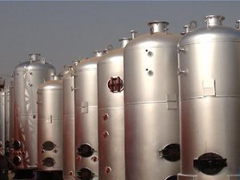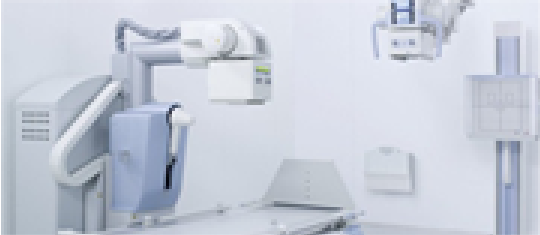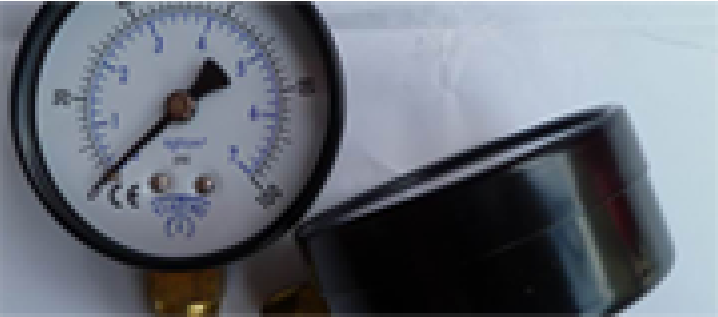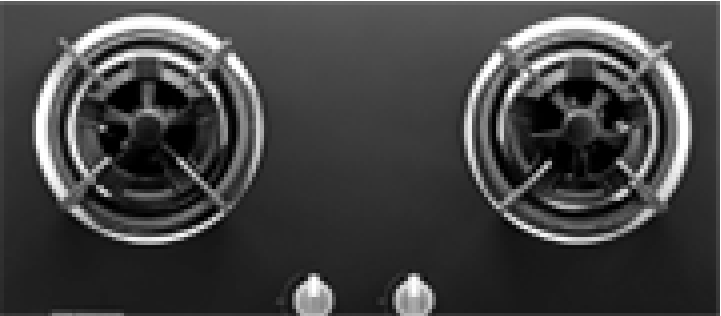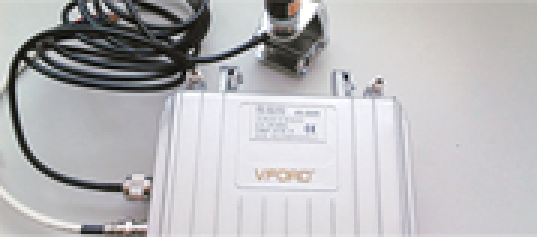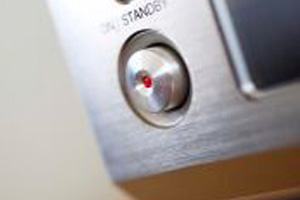The EU now requires the latest LVD Directive to be 2014/35/EC. Low voltage directive (LowVoltagepirective, 73/23 / EEC) formulated in 1973, for the new plan before (NewApproach) instruction for 20 years, and is regarded as the predecessor of the new scheme concept.
The goal of LVD is to ensure the safety of low-voltage equipment during use. Low voltage equipment is defined as electrical equipment with a rated voltage of 50 to 1000 volts for AC and 75 to 1500 volts for direct current. Broadly speaking, low-voltage equipment includes consumer products and equipment designed to operate within this voltage range. Includes household appliances, hand tools, lighting equipment, wires, cables and pipelines, as well as wiring equipment. This directive contains all safety rules for this equipment, including protection against mechanical hazards.
The LVD specifies that EU Member States must take appropriate measures to ensure that electrical equipment sold on the domestic market does not endanger the safety of people, nor does it endanger domestic animals or property. So it must be done:
Equipment must be designed in a good manner in accordance with safety codes
Equipment must be properly installed and maintained
Equipment must be used as designed
These provisions are met if the equipment complies with specific safety requirements recognized by all Member States. Without prejudice to other forms of proof, conformity can be demonstrated by reference to collaborative standards that specify good design practices. The LVD was established earlier than the CE certification mark. CE certification marks are these new program directives drafted by the European Union in recent years. Directive 93/68/EEC modified the LVD to meet today's needs.
In accordance with Directive 93/68/EEC, a manufacturer or an authorised representative within the EU may prepare a declaration of conformity and attach the CE mark to the product to indicate that it complies with the LVD and related requirements.
From the time the product is marketed, the manufacturer must retain the technical documents for 10 years for inspection by the relevant units.
Contents of a conformance declaration
The general content of the "declaration of conformity" can be found in Appendix 3(B) of the Directive. In detail, this declaration must contain:
Name and address of the manufacturer or authorized representative within the EU
Electrical equipment Description
Collaborative Standard Reference
Where necessary, it must include a detailed reference document
on the basis of which the manufacturer or its authorised representative within the EU declares conformity
Identity of signatory of authorization
The last two digits of the year in which the product (for the first time) received the CE mark
The declaration of conformity must be written in at least one official language of the European Union.
Contents of technical documents
The technical document must contain detailed data on the design, manufacture and operation of the electrical equipment in order to assess whether the electrical equipment complies with the Directive.
Therefore, the file must contain:
General description of product
Design and manufacturing drawings, diagrams of components, subcomponents, circuits, etc.
Description of the drawings and diagrams mentioned above, and documentation of the operation of the electrical equipment
A list of standards used in whole or in part and, where not yet specified by the standard, solutions to meet safety requirements.
Results of design calculation and inspection
Test report (test report by the manufacturer or the third unit)
Where and where are the technical documents kept?
The manufacturer or its authorized representative in the European Union must keep this document for at least 10 years from the date of last manufacture of the product for inspection by the relevant government authorities at any time. Technical documents can also be stored electronically, provided that they are easily verifiable. If the manufacturer does not have a presence in the EU and does not have an authorised representative, this responsibility belongs to the importer or the person responsible for sales in the EU market.





